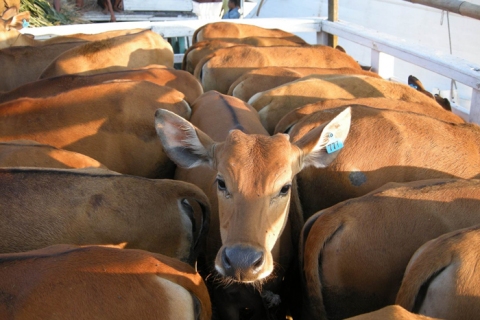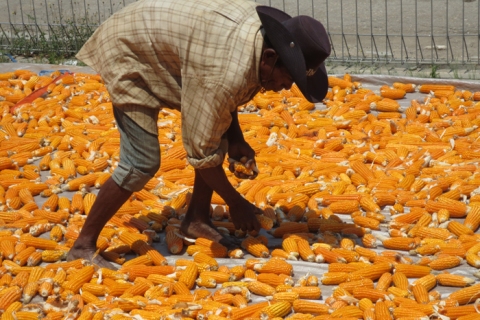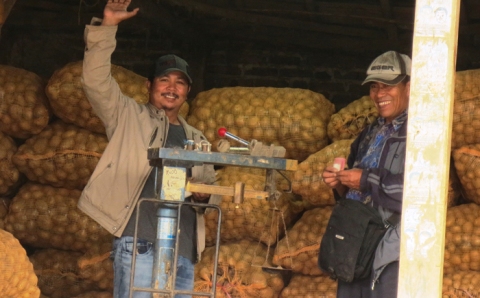Ten value chain studies were commissioned by ACIAR to identify possible entry points and recommendations for pro-poor chain innovations across East Java (EJ), West Nusa Tenggara (NTB) and East Nusa Tenggara (NTT). The findings from these studies were used to inform the new DFAT program: Australia Indonesia Partnership for Decentralisation – Rural Economic Development (AIP-PRISMA - PDF 344 KB).
EI-ADO draws heavily on the framework and tools set out in Making Value Chains Work Better for the Poor: A Toolbook for Practitioners of Value Chain Analysis (PDF 6.59 MB) English & Bahasa (Agricultural Development International, 2008). This approach attempts to strengthen linkages between value chain analysis and development interventions that improve opportunities available to the poor.
Study findings were reviewed and validated at stakeholder workshops and through Reference Group consultation, with feedback from these activities incorporated into final report recommendations.
Prior to field work data collection, value chain training was provided to up to 10 (total) international and Indonesian value chain specialists. The value chain studies required, on average, 25 days of field work data collection.




